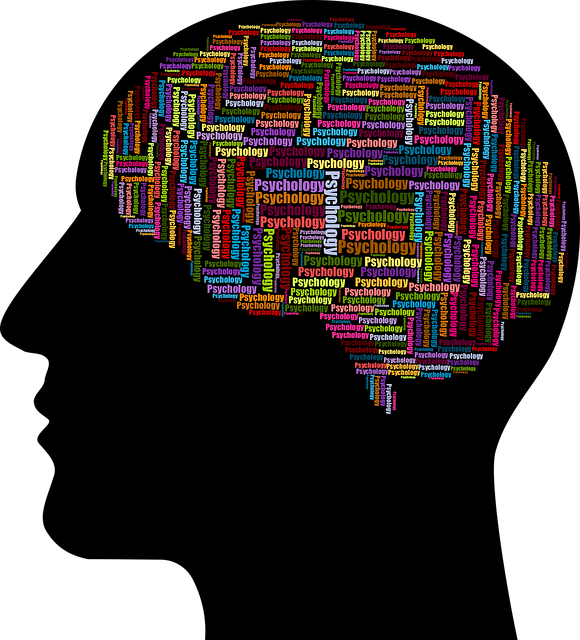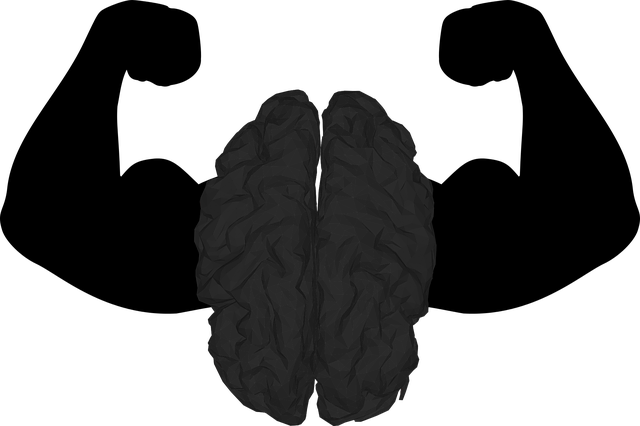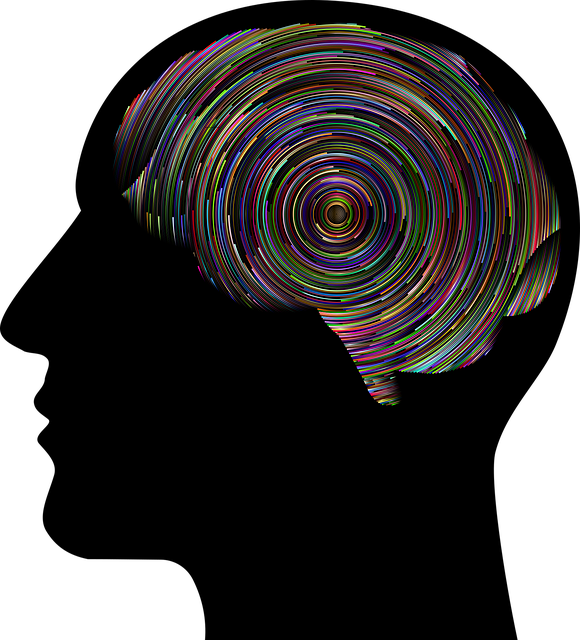Evaluating and addressing eating disorders in older adults requires specialized tools and a nuanced approach. Standardized questionnaires and clinical interviews are vital for detection, exploring symptoms like weight changes and underlying factors. Therapy should incorporate cognitive-behavioral therapy (CBT) and interpersonal therapy tailored to their unique challenges, including isolation, chronic illnesses, and cognitive changes. Early intervention through evidence-based CBT and DBT, along with community-based interventions, significantly improves mental wellness and quality of life. Effectiveness is measured using standardized tools like the Eating Disorder Examination (EDE), and public awareness campaigns reduce stigma. Cultural sensitivity ensures tailored communication strategies for diverse backgrounds, enhancing the inclusivity and effectiveness of therapy for elders with eating disorders.
Mental wellness program evaluation is crucial in addressing eating disorders among seniors, a growing concern in today’s aging population. This article delves into the intricate world of understanding and treating elder mental health issues, with a specific focus on eating disorders. We explore assessment tools to identify these conditions early, examine therapeutic approaches tailored for elders, and provide best practices for implementing successful interventions. By understanding these methods, healthcare professionals can enhance therapy for elders suffering from eating disorders.
- Understanding Elder Mental Health and Eating Disorders
- Assessment Tools for Identifying Eating Disorders in Elders
- Therapeutic Approaches for Addressing Elder Eating Disorders
- Evaluating the Effectiveness of Mental Wellness Programs
- Best Practices for Implementing and Measuring Success of Eating Disorder Interventions for Seniors
Understanding Elder Mental Health and Eating Disorders

Understanding Elder Mental Health and Eating Disorders is a critical step in developing effective wellness programs. As people age, they may face unique mental health challenges, including increased risk for depression, anxiety, and cognitive decline. These issues often require tailored interventions, such as therapy for elders with eating disorders, which can be exacerbated by age-related changes in physical health and social dynamics.
Mental Health Awareness initiatives play a vital role in promoting well-being among older adults. By fostering inner strength development and teaching stress management techniques, programs can empower seniors to navigate mental health challenges proactively. Recognizing the importance of early intervention and holistic support, these strategies contribute to enhancing overall mental wellness and improving quality of life for this demographic.
Assessment Tools for Identifying Eating Disorders in Elders

Evaluating mental wellness programs for older adults often requires specialized tools to identify hidden issues such as eating disorders. Given that eating disorders can manifest differently in older individuals compared to younger generations, tailored assessment methods are essential. Standardized questionnaires and clinical interviews are valuable resources for detecting eating disorders in this demographic. These tools not only help in recognizing symptoms like excessive weight loss or gain but also explore associated factors, including self-esteem improvement and emotional regulation strategies.
The process of diagnosing eating disorders in elders requires a nuanced approach, considering the complex interplay of physical health, cognitive function, and social dynamics. Mental health policy analysis and advocacy play a crucial role in ensuring that healthcare professionals are equipped with the necessary training to identify these conditions promptly. Early intervention through effective therapy for elders with eating disorders can significantly impact their overall mental wellness and quality of life.
Therapeutic Approaches for Addressing Elder Eating Disorders

Addressing eating disorders in older adults requires tailored therapeutic approaches that consider the unique challenges and needs of this demographic. Many elderly individuals may struggle with eating disorders due to factors such as social isolation, chronic illnesses, or cognitive changes, often exacerbating existing mental health conditions. Therapy for elders with eating disorders should focus on promoting self-awareness exercises tailored to their specific issues. These can include cognitive-behavioral therapy (CBT), which helps identify and challenge negative thought patterns related to food and body image, as well as interpersonal therapy, addressing social and relationship factors that may contribute to the disorder.
Incorporating public awareness campaigns development and mental health education programs design tailored for older adults can be beneficial. Educating both caregivers and healthcare professionals about eating disorders in the elderly is crucial. Early identification and intervention are key to improving outcomes. Additionally, engaging in activities that foster social connections and a sense of purpose can significantly support recovery, as these populations may benefit from community-based interventions aimed at enhancing overall mental wellness.
Evaluating the Effectiveness of Mental Wellness Programs

Evaluating the effectiveness of mental wellness programs is a multifaceted process that goes beyond mere satisfaction surveys. It involves measuring concrete improvements in participants’ mental health, such as reductions in symptoms associated with conditions like eating disorders or anxiety among elders. This can be achieved through pre- and post-program assessments utilizing standardized tools validated for clinical research.
For instance, programs targeting eating disorders in the elderly might utilize measures like the Eating Disorder Examination (EDE) to gauge changes in dietary patterns, attitudes toward food, and body image concerns. Similarly, mental health awareness campaigns that focus on stigma reduction efforts can employ surveys quantifying shifts in public perceptions and attitudes towards mental illness, reflecting a deeper understanding of mind over matter principles.
Best Practices for Implementing and Measuring Success of Eating Disorder Interventions for Seniors

Implementing effective eating disorder interventions for seniors requires a multifaceted approach that combines specialized therapy with tailored support. One of the best practices is integrating individual and group therapy sessions, leveraging evidence-based methods such as Cognitive Behavioral Therapy (CBT) and Dialectical Behavior Therapy (DBT). These therapeutic modalities not only address the underlying causes of eating disorders but also equip seniors with valuable coping strategies and communication skills. Encouraging open dialogue about meal preferences, body image, and emotional triggers fosters a supportive environment, crucial for fostering recovery.
Measuring success involves a comprehensive evaluation process that tracks progress in key areas like dietary intake, weight stability, and psychological well-being. Regular check-ins with healthcare professionals, coupled with self-care routine development, enable seniors to take an active role in their recovery journey. Cultural sensitivity in mental healthcare practice is essential, recognizing that eating disorders can manifest differently across diverse populations. By incorporating tailored communication strategies that respect individual backgrounds and beliefs, interventions become more inclusive and effective, ultimately enhancing the overall success of therapy for elders with eating disorders.
Evaluating mental wellness programs, particularly those focusing on eating disorders among seniors, is a multifaceted process. By utilizing assessment tools tailored to elder populations and implementing evidence-based therapeutic approaches, we can effectively address these complex issues. Regular program evaluations enable us to measure success, identify areas for improvement, and ensure that interventions are aligned with best practices. Ultimately, enhancing mental wellness through tailored therapy for elders’ eating disorders contributes significantly to their overall quality of life and well-being.












